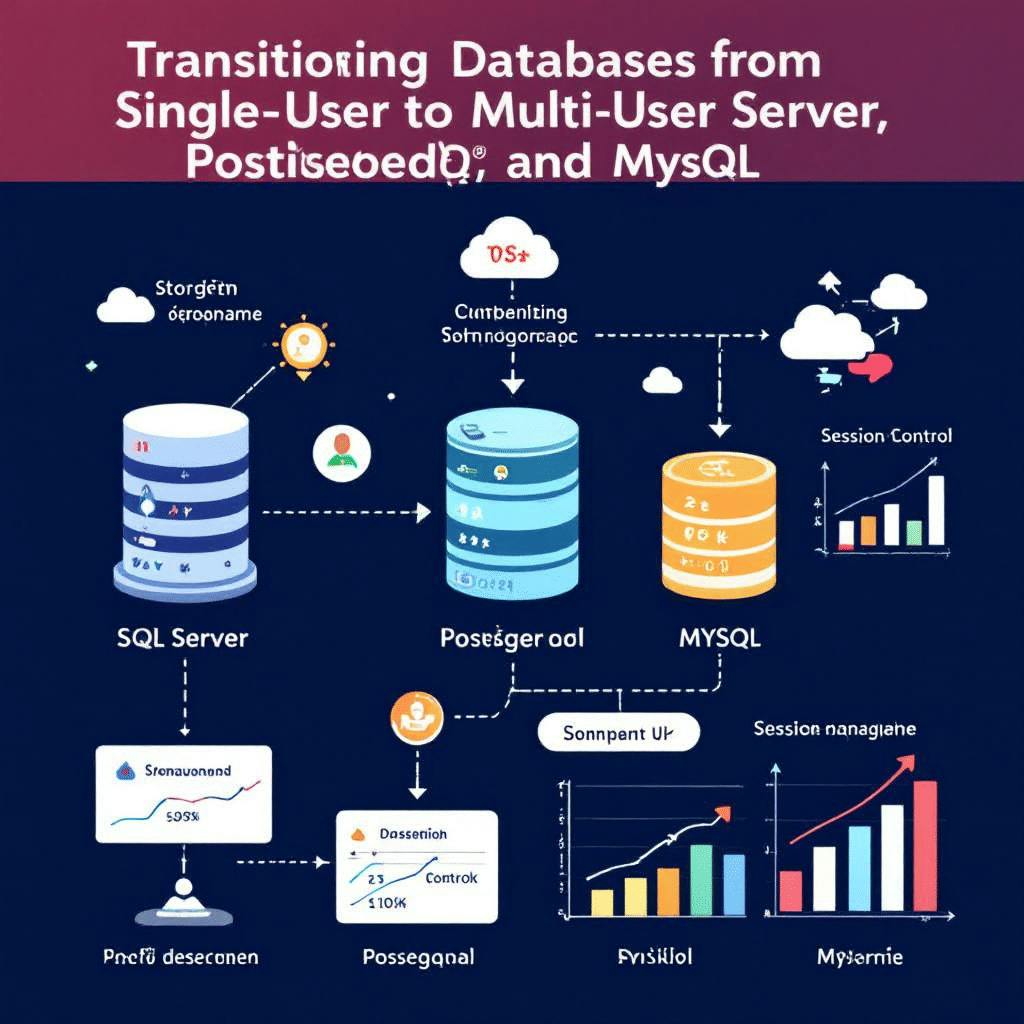The University of Design, Innovation and Technology (UDIT) has established itself as an educational reference to one of the greatest challenges of the 21st century: the 42% gap in technological profiles that slows Spanish business competitiveness. In its area of technology and applied sciences uses a methodology that fuses technological avant -garde, global certifications and strategic sector alliances, this institution is redefining the parameters of training in science, technology, engineering and mathematics (STEM).
The urgency of an educational paradigm shift
The recent anatomy report of the Digital Technological Talent Gap reveals that Spain needs to incorporate 1.39 million ICT specialists before 2030a figure that contrasts with 18.7% of university graduates that choose Stem races according to Knowledge and Development Foundation Report (CYD). This disparity places the country as the fourth with the lowest adoption of technical studies in the EU, ballasting its ability to face challenges such as digital transition or technological sovereignty.
Some universities and other educational institutions have been launched to try to address this problem from training, with novel and realistic proposals such as the UDIT. This university proposes a disruptive pedagogical model centered on three pillars:
- Proto Spacea prototyped laboratory of 2,800 m² equipped with unique technologies in southern Europe in which students can realize tangible and aligned projects with market demands receiving a unique experience from the practical point of view.
- Integrated certifications of global leaders such as Oracle, Unity and Axure with which students of the Full Stack Development degree that end their studies do so with an expert knowledge in the leading technological tools of the technological panorama.
- Strategic collaborations With key sector associations such as AESEMI, Hipparob and Indesia -odiseia
This innovative approach is essential for employability and charges even more relevance if we take into account the national context: the employment rate of the upper graduates in Spain reached 83.7% in 2023, according to the CyD 2024 report.
Alliances that connect the classroom with the real industry
The integration of UDIT into pointed sector networks constitutes one of its main differentiating. As an active member of Indesseia-dodiseathe university participates in the elaboration of the GOOD PRACTICES MANUAL FOR RESPONSIBLE IN INDUSTRIAL ENVIRONMENTSinitiative Led by Repsol and Microsoft. This collaboration allows students to Data science and artificial intelligence Work with real cases of ethical implementation of algorithms in strategic sectors such as energy or automotive.
The association with Aesemi (Association of Semiconductor and Microelectronics Companies) facilitates exclusive access to training programs in 3NM neuromorphic design, practices in manufacturing plants and Technological challenges raised by IBEX35 companies. For students of the Degree in people centered on peoplethis synergy translates into unique opportunities to interact with the latest advances in industrial automation.
In the field of collaborative robotics, The alliance with Hipparob It allows to integrate technologies such as cobots with federated learning capacity, artificial vision systems for quality control and digital TWINS of production chains 4.0. These collaborations not only enrich training, but also guarantee a fluid transition between the academic and labor environment.
Certifications: the bridge between training and employability
In a labor market where 40% of current skills will be obsolete in 2027professional certifications have become the passport to sustainable employability. UDIT has implemented A dual model that combines official degree with globally recognized certifications.
These certifications according to various reports reveal that professionals with certifications reduce their search time. The integration of these accreditations in the curriculum responds to the growing demand for specialized profiles, particularly in areas such as cybersecurity, cloud architecture and artificial intelligence.
Learning-by-Doing: from the labor market simulator
UDIT has perfected pioneering educational methodologies, inspired by global reference models such as the MIT FABS or Stanford’s MIT Design Thinking. The Space proto works as an epicenter of this practical philosophy. In this laboratory, students will be able to investigate, experiment and prototype from the first year, using state -of -the -art equipment such as robotic arms, 3D printers, laser cutters, CNC milling machines and technologies applied to robotics, IoT, virtual reality, autonomous and aerospace vehicles.
Towards a future of technological opportunities
UDIT’s educational proposal transcends the mere knowledge transfer. When integrating Global certifications, pioneer technologies and sector collaborationsthe University creates an ecosystem where each academic project becomes a step towards technological leadership.
In a world where the fourth industrial revolution requires versatile and specialized professionals, institutions such as UDIT show that higher education can be the definitive engine to close gaps, boost innovation and build technologically sovereign societies. His commitment to A contextualized learning, strategic certifications and impact alliances Mark the way to follow in the Stem formation of the 21st century.












